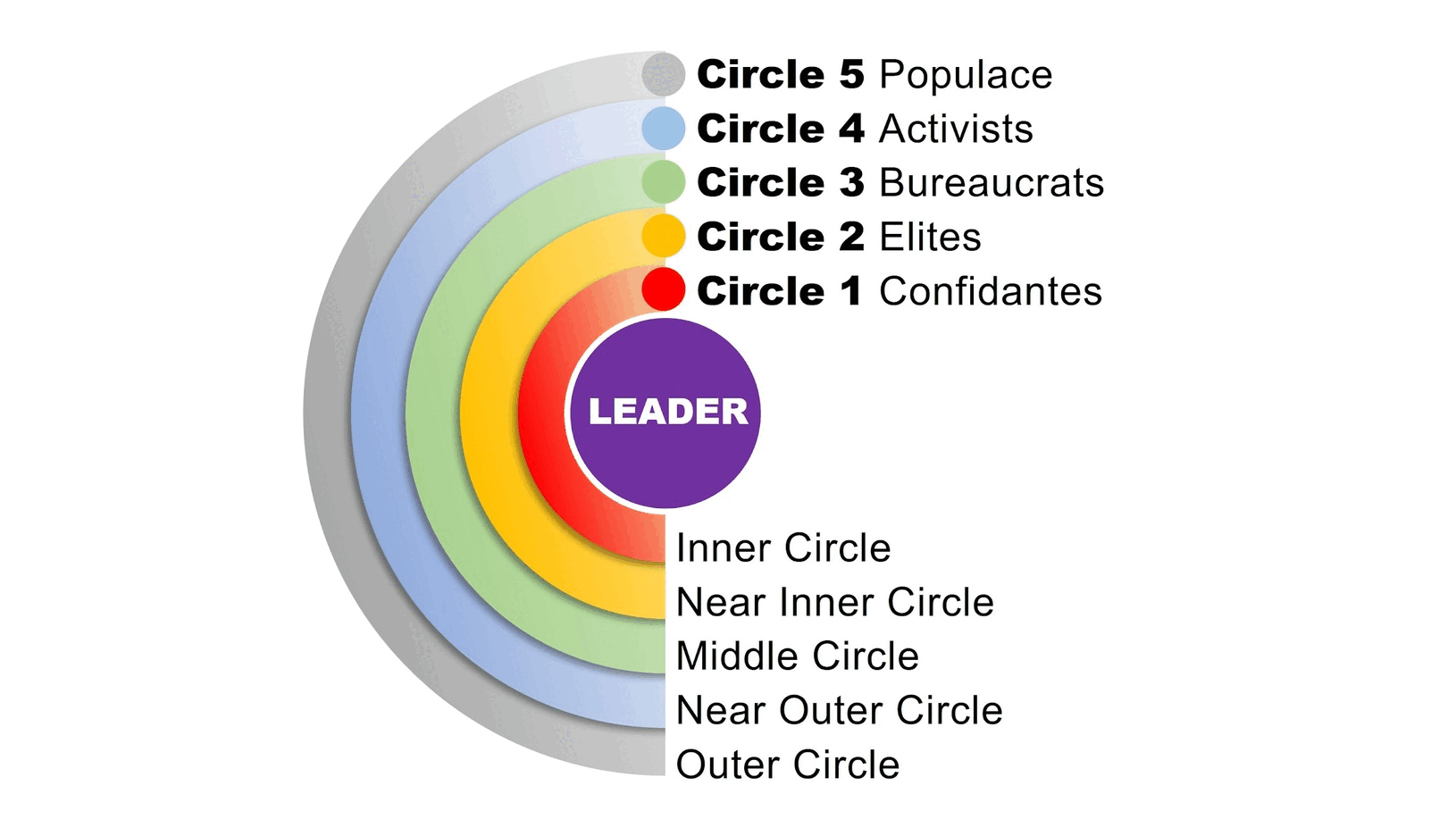Chaleff is a speaker, innovative thinker and the author of “ To Stop a Tyrant: The Power of Political Followers to Make or Brake a Toxic Leader. ” This is the second entry in a series on political followership.
In my previous op-ed for The Fulcrum, I examined how political followers create their leaders, just as much as leaders create their followers. I observed that while our culture may still romanticize leaders, the real work of governing is done by skilled and courageous followers. Let’s explore this further, this time using a dance floor analogy.
In straight culture, a man usually leads a woman in ballroom dancing. Many men share my experience: When I have tried my hand (or foot) at dancing — whether it’s the Texas two-step or the Argentine tango — my novice partner would endure my clunky moves as I “lead” her in the most basic steps, hopefully without bruising her or other couples, or ricocheting off a wall. Not a pretty sight.
In the same lesson, when a more advanced dancer was my partner and took the follower role, I suddenly looked like a halfway competent lead. I was still formally doing the lead steps, but she was subtly guiding me into the music, the tempo, the weight shifts onto the correct foot, while keeping us to the spatial lanes and away from the walls. The follower had made the leader look good!
Anyone who has been involved in politics or governance knows this is an apt metaphor for how followers make political leaders look good.
I’ve been writing and teaching about followership for several decades and while my work has found its way around the world, only now am I applying it directly to politics. Particularly when examining politics at a national level, it quickly became clear that “follower” behavior needs to be broken down by access to the leader. This has resulted in a new way of visualizing political followership.

Confidants clearly have the most direct access. In the case of the White House, they have “walk in” privileges when they need the ear of the president. Oftentimes it is a close family member who can be the last voice the president hears before making a decision, whether that’s Jill Biden or Donald Trump Jr.
Elites can relatively easily get the attention of the leader. They have something the leader wants — a large following, deep pockets for campaign contributions, the power to move or block important legislation, media platforms. Elon Musk, Peter Theil, Nancy Pelosi, James Clyburn and Taylor Swift all fit into this category.
No head of government achieves objectives without working through the bureaucrats who play a significant role in transforming goals, policy and legislation into actionable and enforced programs. But large agencies can develop a mind of their own. They can “slow walk” or procedurally hamper both the bad ideas of a would-be-tyrant and the good ideas of a would-be reformer, without being blatantly non-compliant.
Activists are the spark that gets the broader public moving in favor of (or against) candidates and their political agendas. Their power to influence is many times greater than that of an average citizen. Whether this is Dan Schultz advocating for MAGA Republicans to fill the seats of precinct captains, or Stacey Abrams (before she became a nationally known figure) mobilizing minority voters in Georgia, they have an impact on policy formulation that rivals those of elites.
Those who make up the populace are the citizens and non-citizens alike who are affected by the actions of government and fill the stadiums and arenas to support the political leaders whom they feel most represent their views and interests. They may never personally meet the candidate or fully examine their platforms, yet make the ultimate difference in elevating their preferred candidate through their support.
In each entry in my series, I will take a dive into the vulnerability and power of each type of follower, offering a taste of what I explore in depth in my new book, “ To Stop a Tyrant.” Like couples on the dance floor, competent or courageous followers will make a good leader look better than they are. Conversely, bad or colluding followers will make a bad leader worse, to all of our detriment.
Begin paying attention to which circle of followers you fall into, in relation to different political leaders (local, state, national), and how you might be making them look better than they really are. Then consider what a courageous follower would do.




















Trump & Hegseth gave Mark Kelly a huge 2028 gift